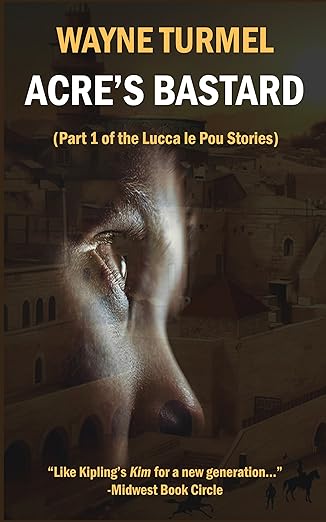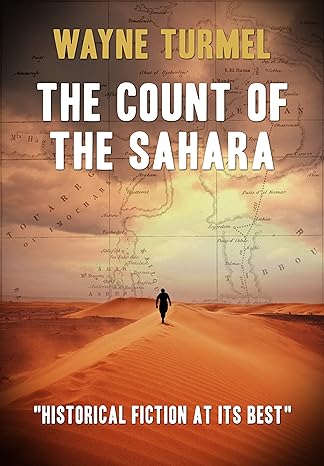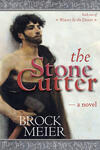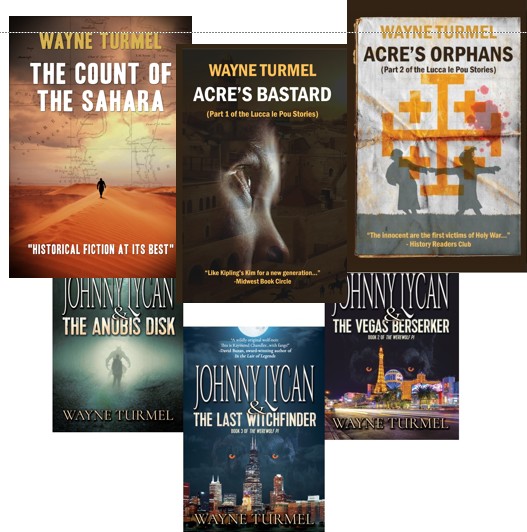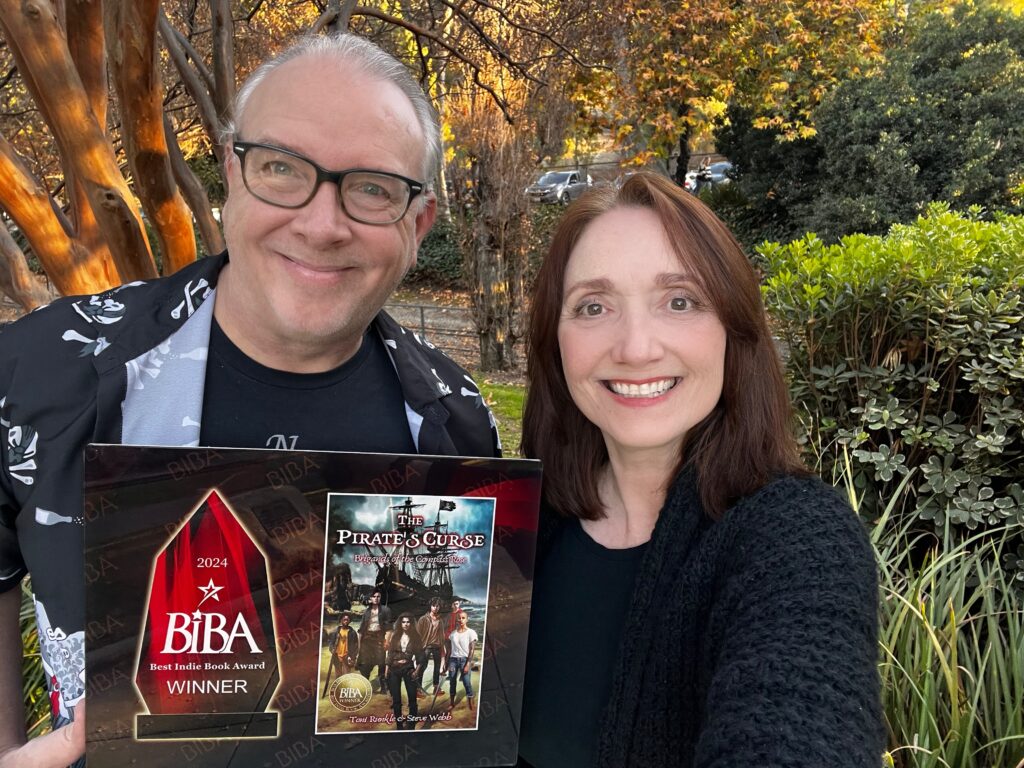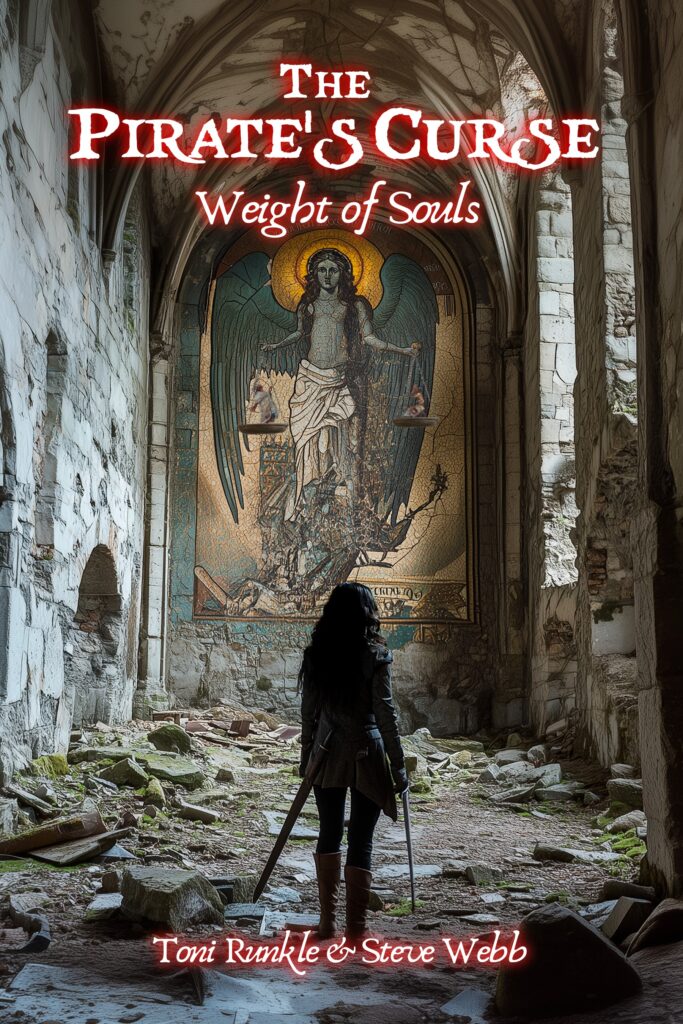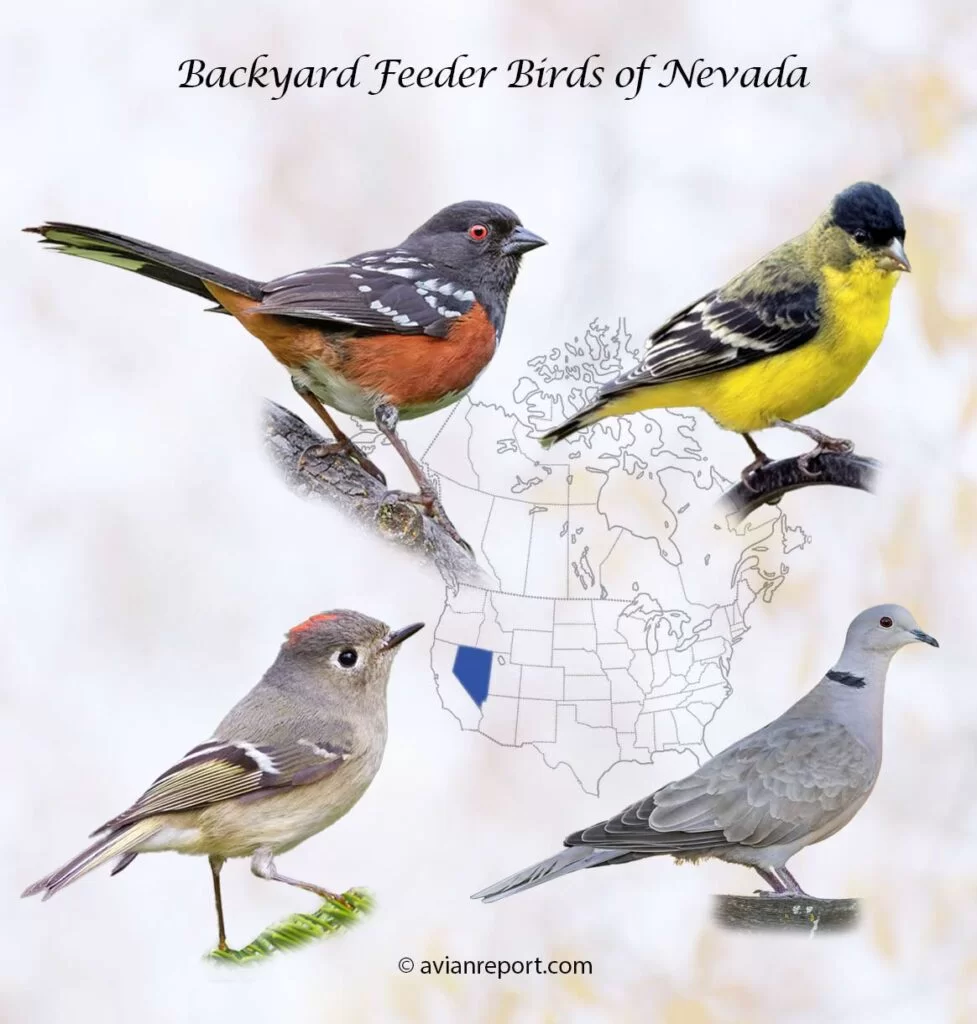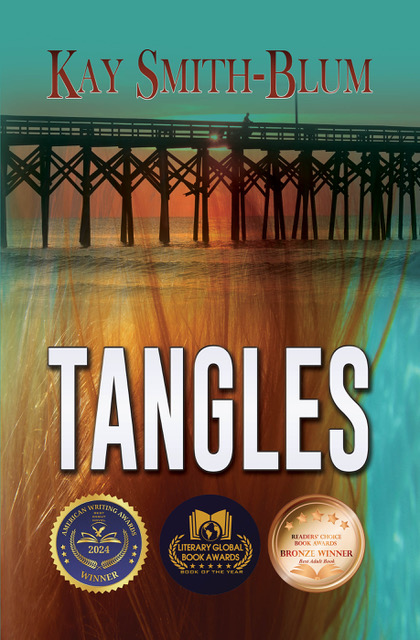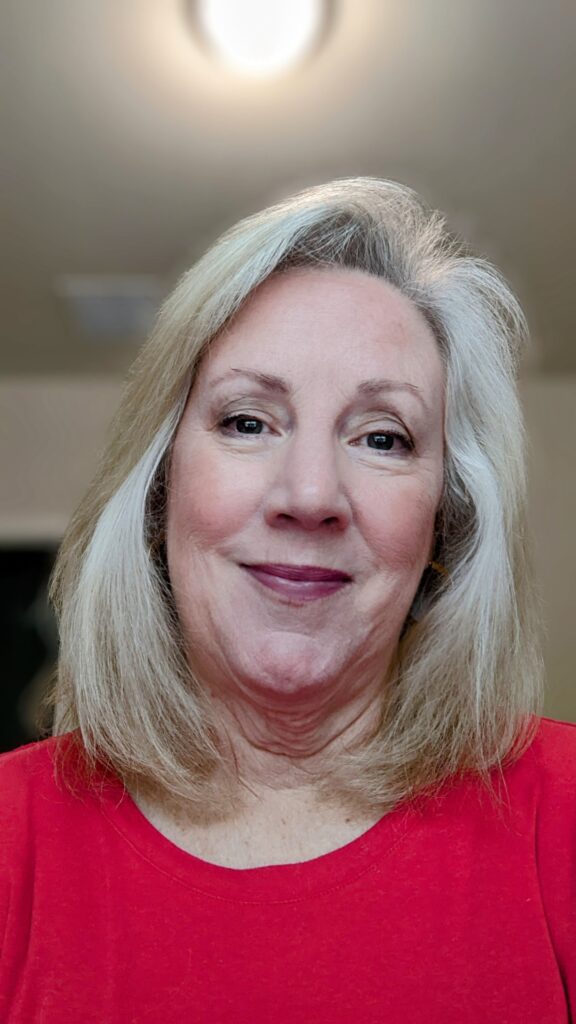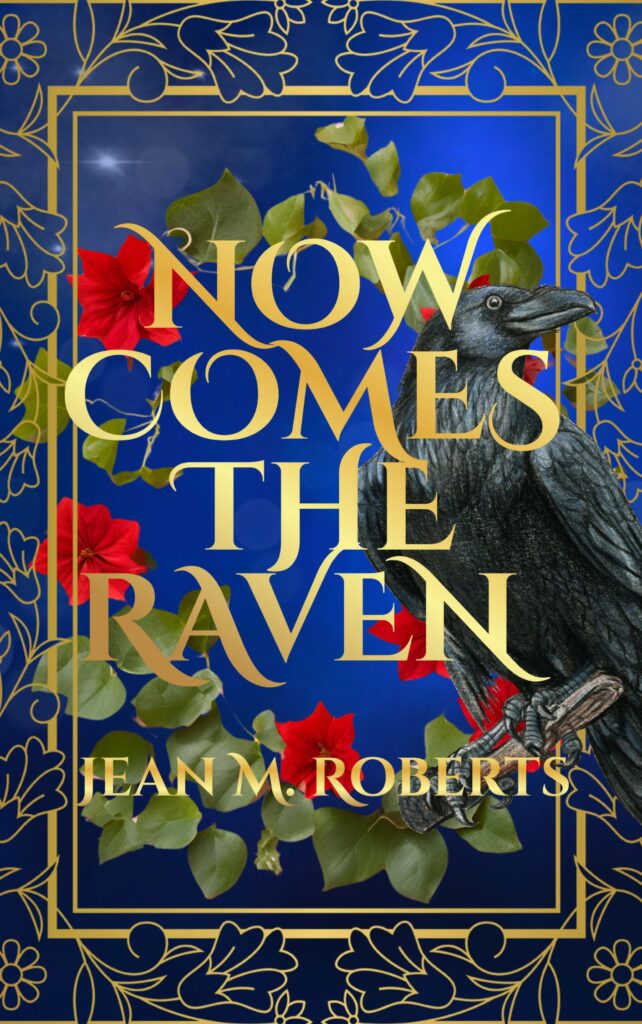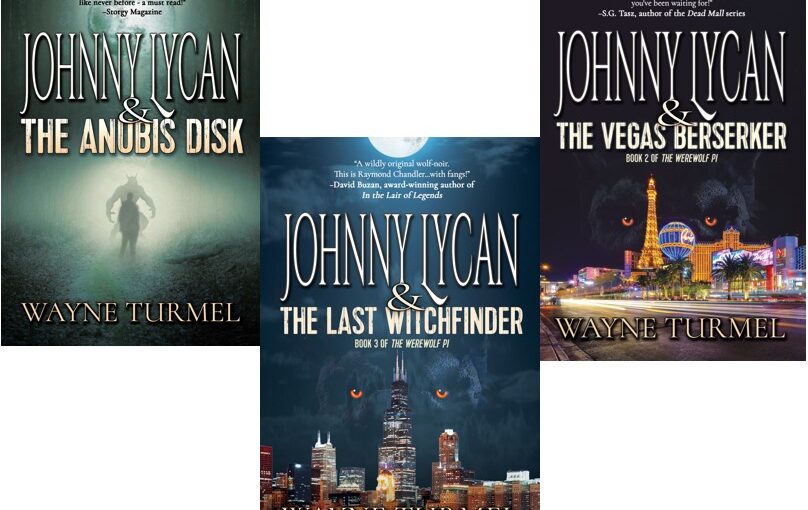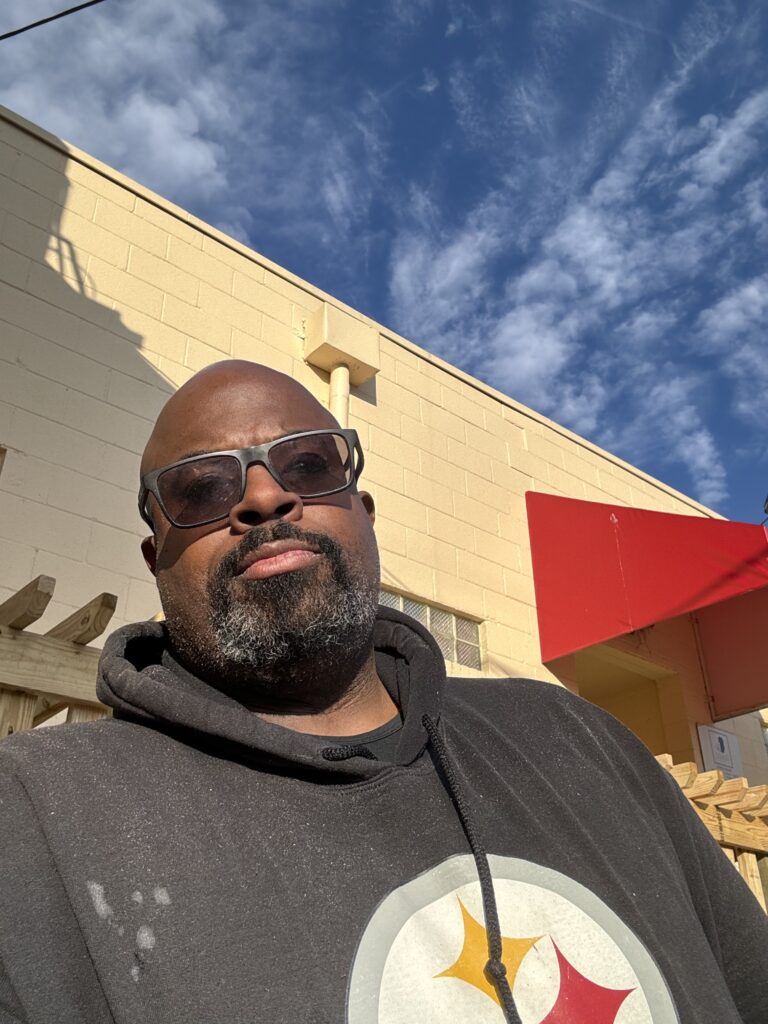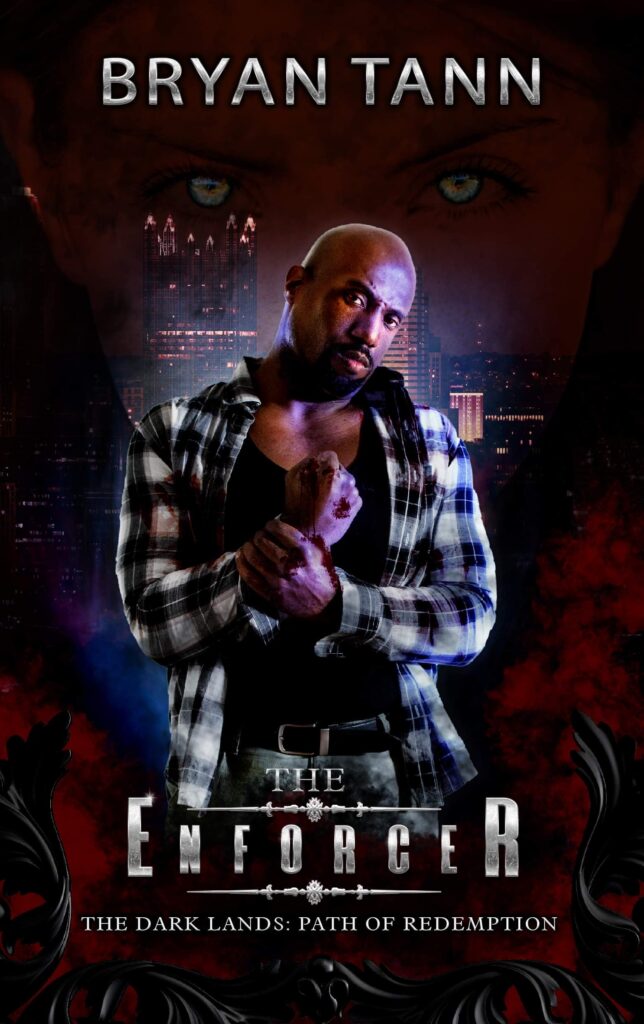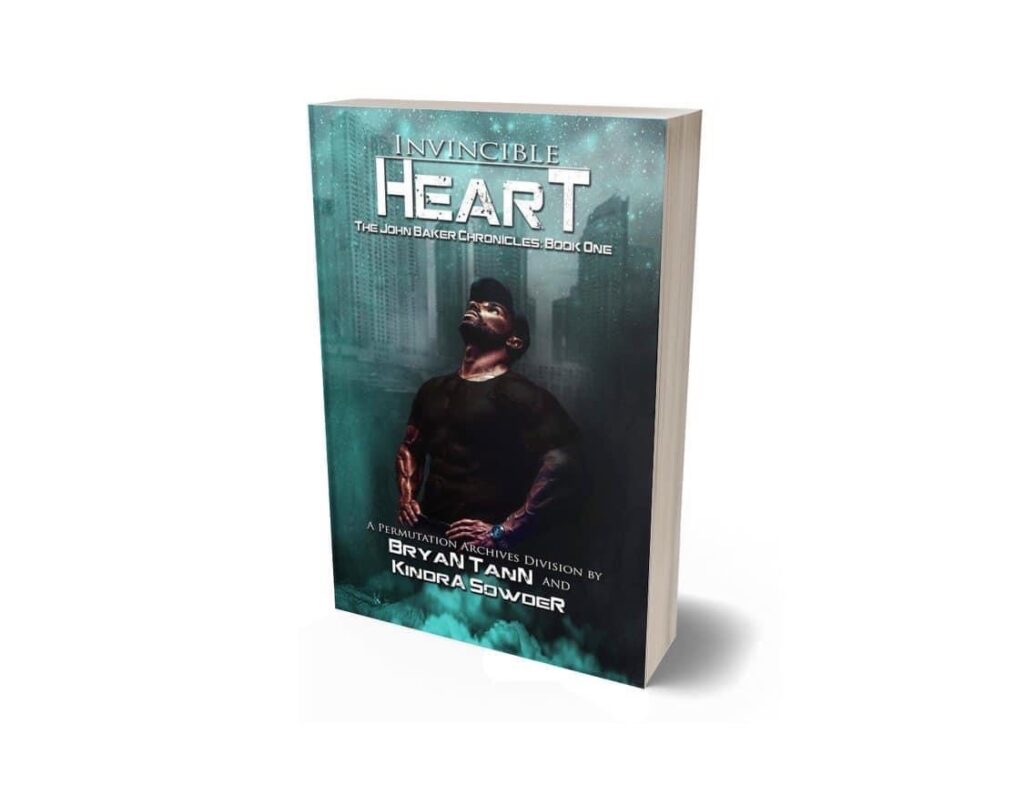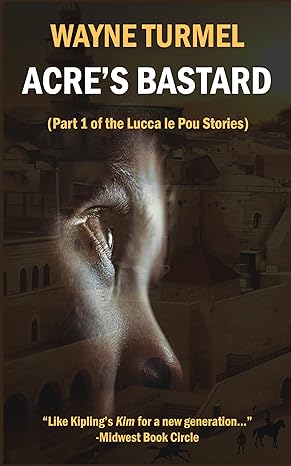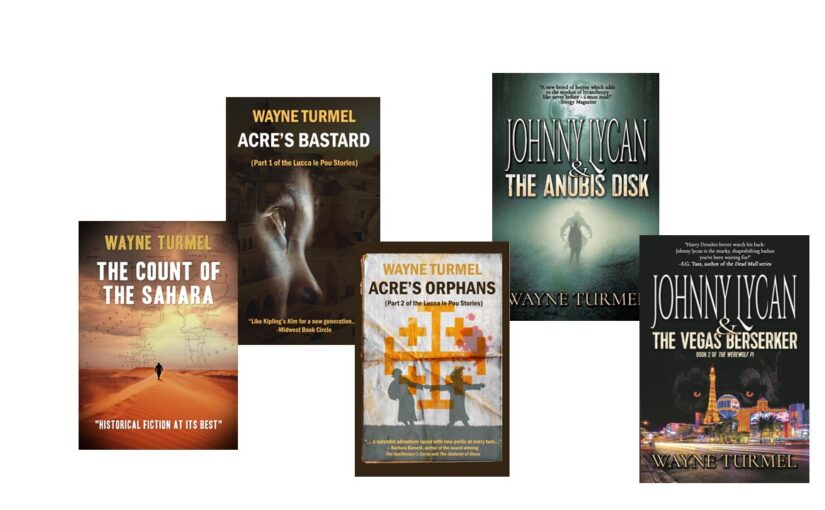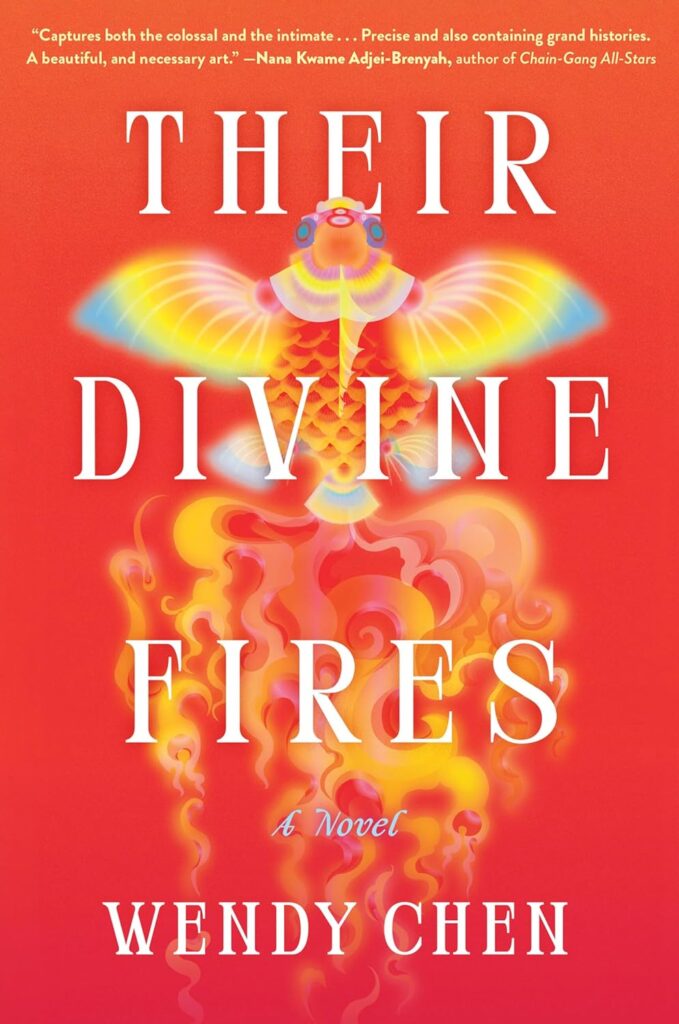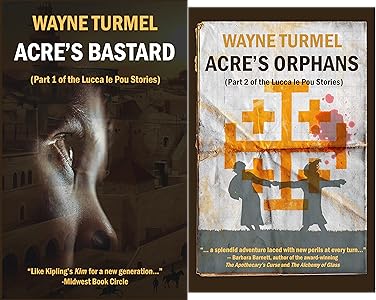I have recently taken up birdwatching, albeit in a somewhat slovenly and lazy manner. I’m not yet that crazy person with the Tac-style binoculars and special squeakless soles on my shoes so as not to scare them off. However, I have begun watching, listening, and trying to identify the little critters, and that has impacted my writing. Stick with me.
Full disclosure. One seldom begins a hobby late(r) in life without some kind of defining moment. To me, that was when the Duchess looked me in the eye and said, “You need a hobby.” I think she meant it lovingly. There’s a more than zero percent chance she needed me to get out of the @#$^! house on occasion.
The first thing to determine was what I could do that isn’t very expensive. I’m a little late in the game for collecting Roman Antiquities or foreign sports cars. What do I enjoy doing? I’m pretty sedentary these days, but me and my new bionic knees do enjoy a good long walk. Okay, start with hobbies that involve walking but won’t sneakily try to turn into running or some other strenuous exercise. It can be a slippery slope
If you’ve been around since my Chicago days, you know I love birds. My officemate in Illinois was a very cranky cockatiel named Byron (after the Count in Count of the Sahara). He didn’t make the trip west, and I wish him
well in his new shangri-la cockatiel suite, his new owner has built for him. I was even a member of the Chicago Avian Society… or as my wife called them, the Bird Nerds.
Walking and birds pretty much limited the choices for me. But how does one just start birdwatching? You begin by looking online for like-minded people. Turns out there’s a monthly guided walk at the Henderson Bird Viewing Preserve. Then I found a nine-dollar pair of opera glasses… no sense investing in good equipment until I know I’m going to be serious, right? Finally, god bless modern technology, is the Merlin app (part of Cornell University and their big track-all-the-birds initiative.)
Using only vague descriptions or recording the songs, the app will help even an idiot like me distinguish between a tufted flycatcher and a mountain flycatcher. Instead of using a notepad, it will track all the birds I’ve seen and where and when I saw them. That first day, we saw 38 distinct birds. I was hooked.
Okay, okay. I’m at the point. I can’t drive to the bird sanctuary early in the morning as the day job must be performed. I do walk every morning, partly to clear my head and partly to clear out Mad Max, scourge of lizards, defender of the realm, and most manly of poodles. When I was in Washington, DC last month, I added to my list by paying attention on my walk from the hotel to the convention center.
Here are my rules for that walk, and I’m pretty strict with myself:
No earphones or earbuds. I instituted this rule quite some time ago. I don’t wear them at the gym either, and for the same reasons. I want to hear what’s going on around me. Who knows? I might hear a bird that needs identifying. More than that, I pick up snatches of conversation, or noises that need investigating. All of that goes in my writer’s brain and gets processed into dialog to use in the future. Conversations become story ideas (“okay, jeez, I cheated on her but it’s not like it was her mother or something…” is a prime example,) or just give my brain a chance to daydream and plot stories.
Pay attention to what you see, and keep your head on a swivel. When birdwatching, the little buggers can be elusive. Some of them are ventriloquists, of a sort. The whistle you hear may be coming from somewhere else entirely. Get your head up from your phone and constantly look around. This is also a guilt-free way to peek into neighbor’s yards, just saying.
And mere scanning won’t work. When your eyes get drawn to something, do you really see it? How would you describe it? It looks like a plain old chickadee but has a red spot on its breast. It’s a verdin, and I was able to add it to my list. I couldn’t have done that if I stopped at, “Huh, looks like a chickadee.” Then I add the sighting to my app as soon as I get home. Attention, description, documentation.
Don’t get impatient with Max, he might smell something you missed. In his incessant quest to devour every skink in the neighborhood, he indulges his poodle-y hunter instincts by snifing everything, all the time. The canine roomba occasionally flushes a bird or notices a strange song before I do. He also stops me from walking off curbs into traffic when my brain is otherwise occupado.
Taking what I hear and see, forcing myself to notice the details, then processing all that raw data is grist for the writing of a novel or story. It’s not just a mule, it’s a reddish, mangy Jackass with a canker on its top lip. Better descriptions paint more vibrant pictures. There’s a difference between “feathers” and “tufts of brown feathers on the crown, tipped with white.) Birding depends on that kind of specification. Otherwise, you come back and say, “Yup, saw a birdie today.” Doesn’t make a great story, and that kind of surface description makes for terrible art.
The Deserter has been the hardest thing I’ve ever written. It required lots of details to enhance the realism the story depends on, all the while describing a time and place I’ve never been. Using the very rudimentary birding skills I’m developing helps me bring things to their essence and really evoke an image, or a sound, or (in this book) a smell.
I think the novel is better as a result of this heightened attention I’m paying to the outside world. My writing in general is more descriptive and interesting. All because I aim to find that Say’s Phoebe that i used to see over on Desert Palm.
If you’d like your book or writer’s group to do a live talk or Zoom call on “what writers can learn from Birdwatching,” let me know.
Whether your tastes run to historical fiction or award-winning urban fantasy, check out all my work on my Amazon Author Page, and don’t forget to sign up for my newsletter.
